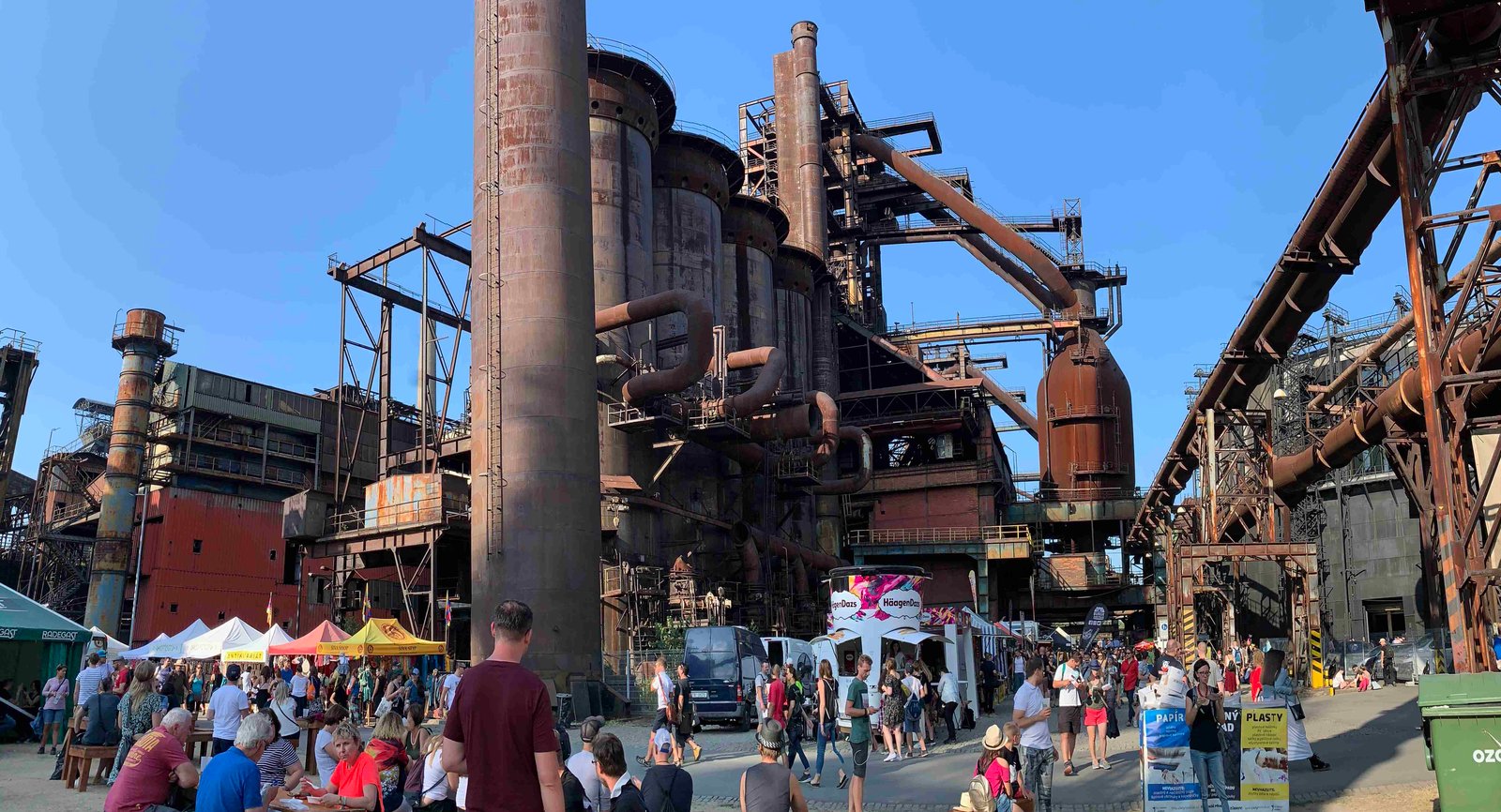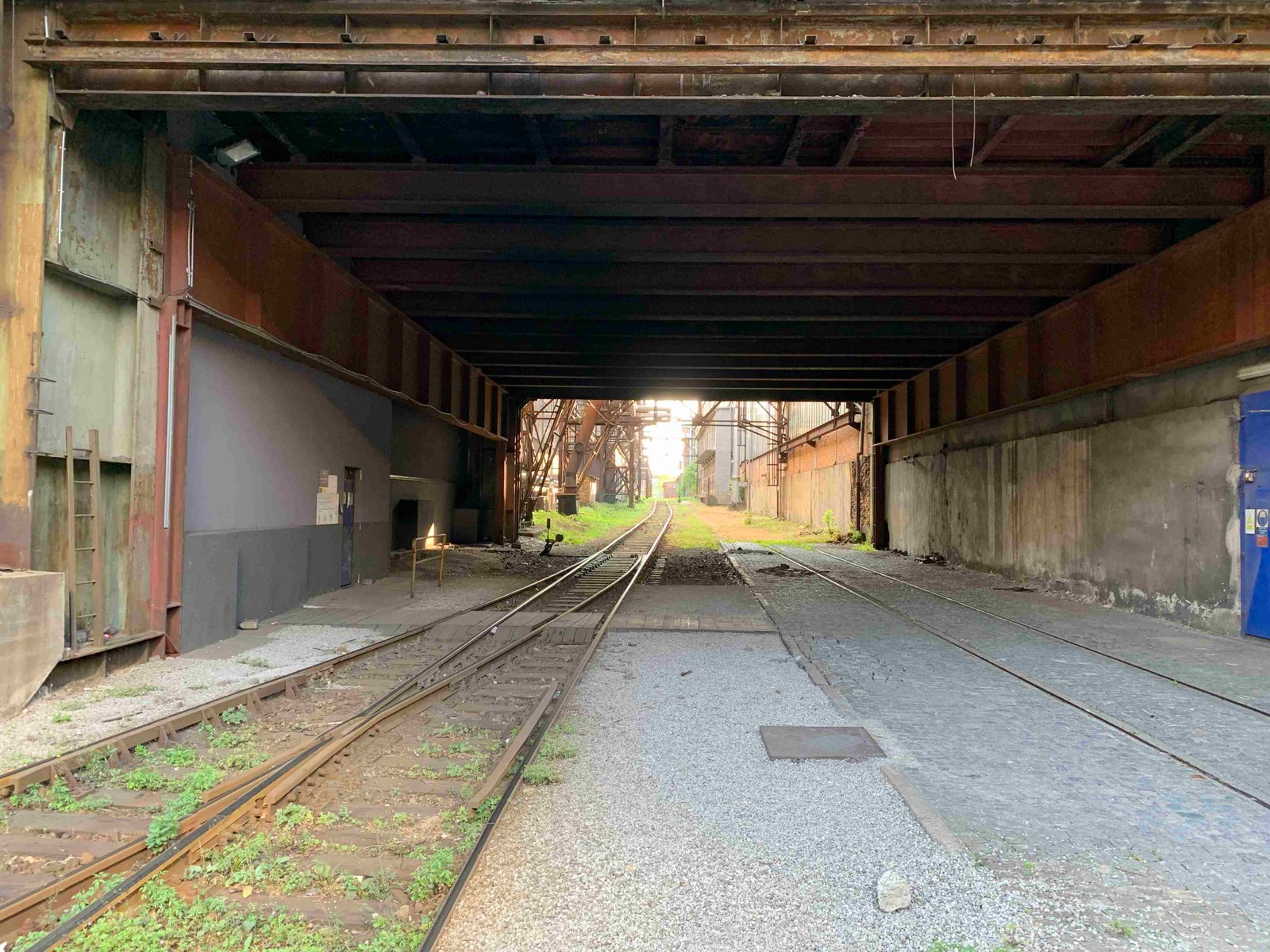Just Transitions
Core to the idea of a Just Transition is the need to build fair and decent pathways for workers to transition to jobs in regenerative industries.
The idea of a Just Transition has grown out of work by labour unions and environmental justice groups focussed on the need to phase out industries that are harming workers, community health and the planet.
This transition process should be based on shared community leadership and bottom-up organising models that centre the voices of those most impacted. Building trust in stories and plans for a better collective future is core to creating a meaningful Just Transition process.
The International Labour Organisation highlights that If not carefully managed through robust Just Transition processes, the economic changes that are needed to meet ecological challenges could result in increased social inequality, worker disillusionment, reduced productivity and civil unrest.
Indeed, people’s security and sense of pride is closely connected to the job they already have. It feels highly threatening if someone says they will take this away. Without building trust in plans for a better future that the transition will create, and confidence that everyone will actually be better off, communities are likely to resist the changes that we actually need. This has been the case many times before.
This dynamic is complicated, as highly-polluting industries tend to be located in already disadvantaged communities. These communities are most directly impacted by the pollution while being dependent on jobs in these industries. Many towns and cities have been explicitly designed to perpetuate these inequalities, from East London to red-lined cities in the USA. Unsurprisingly, trust in government and current institutions can be in short supply in these places. Untangling these social and geographic challenges is no simple task.
The idea of a Just Transition has grown out of work by labour unions and environmental justice groups focussed on the need to phase out industries that are harming workers, community health and the planet.
This transition process should be based on shared community leadership and bottom-up organising models that centre the voices of those most impacted. Building trust in stories and plans for a better collective future is core to creating a meaningful Just Transition process.
The International Labour Organisation highlights that If not carefully managed through robust Just Transition processes, the economic changes that are needed to meet ecological challenges could result in increased social inequality, worker disillusionment, reduced productivity and civil unrest.
Indeed, people’s security and sense of pride is closely connected to the job they already have. It feels highly threatening if someone says they will take this away. Without building trust in plans for a better future that the transition will create, and confidence that everyone will actually be better off, communities are likely to resist the changes that we actually need. This has been the case many times before.
This dynamic is complicated, as highly-polluting industries tend to be located in already disadvantaged communities. These communities are most directly impacted by the pollution while being dependent on jobs in these industries. Many towns and cities have been explicitly designed to perpetuate these inequalities, from East London to red-lined cities in the USA. Unsurprisingly, trust in government and current institutions can be in short supply in these places. Untangling these social and geographic challenges is no simple task.
In some arenas the idea of a Just Transition has become primarily focussed on climate action and the transition away from high-carbon industries. This is a very important and valid example of a needed Just Transition, but the core ideas are equally applicable to all agriculture, fisheries and other industries that are polluting the planet and undermining our health and wellbeing. They all need to change.
In Europe the Just Transition Mechanism has been created with an explicit focus on ensuring that the transition towards a climate-neutral economy happens in a fair way, leaving no one behind. EU member states are required to identify and plan for a just transition process in their most carbon-dependent regions.
We would argue that all communities need to be thinking about a just transition to eliminate the negative impacts of their local economy. This links closely to another of our key work areas, creating a circular and regenerative bioeconomy, which can be part of the Just Transition process everywhere.



